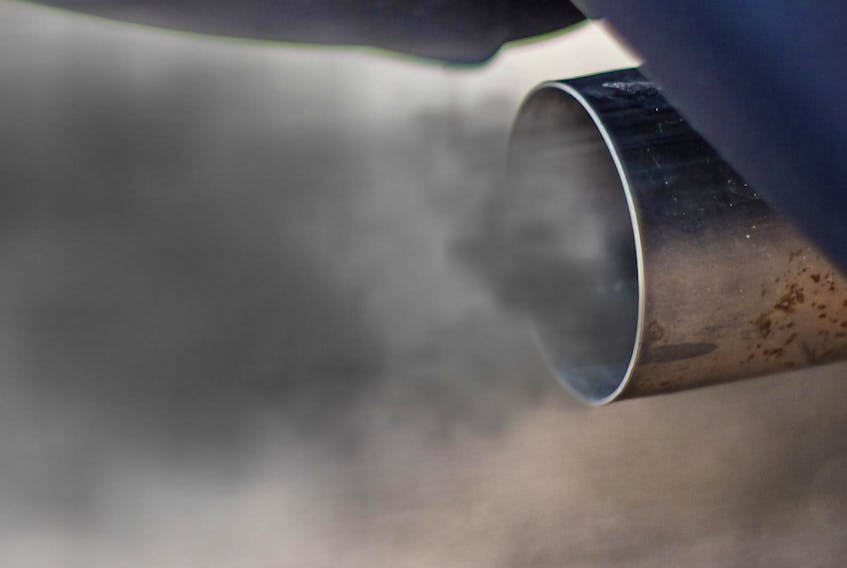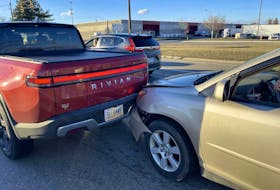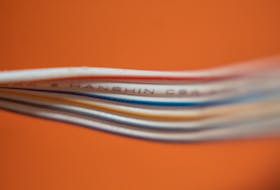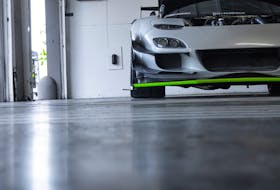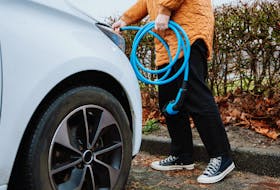Q: My 2013 Ford Fusion alarm likes to go off occasionally for no reason, sometimes in the middle of night and other times, mostly at night. Any ideas and can I just pull a fuse and stop this madness once and for all. Can’t find any fuse in the manual.
Warren
A: The alarm system in your Fusion is integrated with other systems on your car such as rear park assist, the auto park system and keyless entry. All these are controlled by a module near the rear of the vehicle and depending on the specific options on your vehicle, there are four different part numbers for the module.
There is not a separate fuse for just the alarm system however there is Fuse #59 for the passive anti-theft receiver, which also is the receiver for the keyless entry.
If the alarm system is being set off by an external radio signal, removing this fuse would prevent it from going off but it would also disable the keyless entry.
I doubt that the alarm is being set off by a stray radio signal. Instead, it is probably being triggered by one of the door inputs that is not working properly.
The alarm is set off when a door opens and the door switches complete the electrical circuit for interior lights and alarm. In older cars, these were electrical push button switches located on the door jambs but almost all vehicles today have the door switches located in the door latch mechanism. One of these switches is likely faulty and makes contact when temperatures become cooler at night.
I have seen the rear door switches give more problems than front door switches, probably because the front doors are opened more often and the switches cycle more frequently, so I would check the rear door switches first.
You could isolate each door one at a time by disconnecting the electrical connector to that door at the door jamb connector.
The power door lock won’t work so you will have to lock the door manually though.
You should also check the wiring going between the doors and the car body. These wires flex when the doors open and close and sometimes the wires will have the insulation come off and short together.
This could set the alarm system off. Look for any broken wires or worn insulation.
Hopefully this will fix the problem and get you a good night sleep.
Q: I have an 86.5 Toyota Supra, which has been pretty much rebuilt, including an engine rebuild. The engine work was done by a well established local shop.
At that time, they checked the guides in the head and said they were fine, but I am still getting a puff of smoke, typically when decelerating and down shifting. I have not had to add any oil however.
My second little problem is what appears to be a minor oil leak — more like a drip — after the car has been driven and well warmed up.
Again, it is not significant, but shouldn't be happening. A local shop said to change the oil pan gasket, but that has already been done. Thoughts on either of the above?
Barry
A: If oil is leaking past the exhaust valve guides, it typically shows up as smoke when you first start the engine after sitting overnight.
Oil smoke when decelerating could come past the intake valve guides or piston rings.
Since there is no noticeable oil consumption, it is probably coming past the intake guides.
Most likely there is one or more damaged valve guide seals allowing the oil into the combustion chamber.
Replacing these seals is a fairly easy task, with compressed air used to hold the valves closed while the valve springs are removed to replace the seals.
As for the oil leak, it could be coming from the valve cover, front cover, front crank seal, rear crank seal, pan gasket, power steering or even the transmission.
The first step is to identify where the leak is coming from.
A dye can be added to the engine oil and then an ultraviolet light will help show where the oil leak (dye) is located.
Also be sure to check the PCV valve, as crankcase pressure can cause an oil leak no matter how good the seals or gaskets are.
Jim Kerr is a master automobile mechanic and retired teacher of automotive technology. Send your questions for Jim via [email protected] or mail them to: Herald Wheels, 2717 Joseph Howe Drive, P.O. Box 610, Halifax, N.S. B3J 2T2

